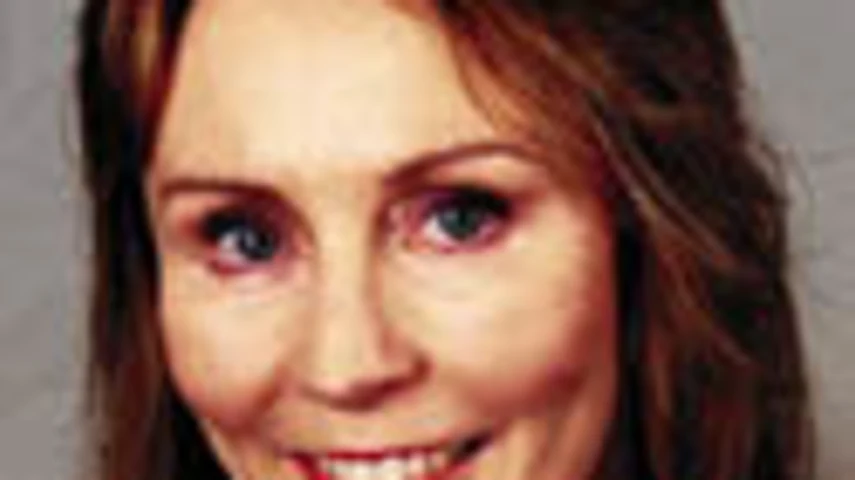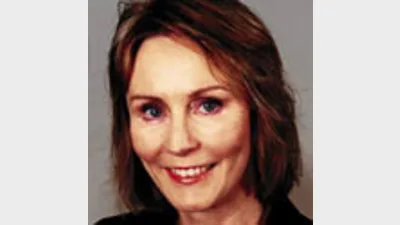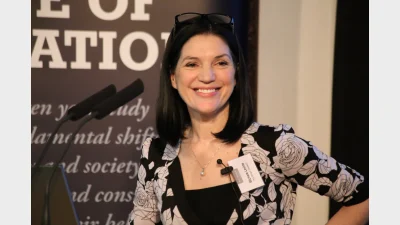GESB proposes member selected default super fund



 |
| Michele Dolin
|
The current employer selected default fund model for super should be replaced with a fully member choice-driven model rather than a national default fund, according to super provider GESB.
The purpose of this is to better engage individuals with their super and help reduce the number of lost accounts, the provider stated.
In its submission to phase two of the Cooper Review, GESB suggested that the super industry needed to draw on the experience of the banking system, pointing out that in June 2009 there were 6.4 million lost super accounts in Australia worth $13 billion, compared to only 177,000 unclaimed banking accounts worth $266 million.
“The introduction of a member choice-driven super model would connect individuals with their retirement savings at a young age, requiring them to select their preferred plan type and level of personal contribution,” said GESB chief executive Michele Dolin.
“Any monies not credited to a nominated super account would be transferred to the Australian Taxation Office, which is in an ideal position to trace and connect individuals to lost savings, consistent with the Lost Members transfers due to commence in 2010.”
She added that a national default fund would probably result in a large proportion of the super system being managed by the Government or a monopoly participant, unable to deliver the efficiencies and cost savings that are needed.
The GESB submission also called for a standardised and full disclosure of total fees, costs and net returns to consumers to enable relevant comparisons of fund value, increased education and advice to help assist members to choose risk profiles, investment options and personal contribution levels, standardised investment definitions established by the Australian Prudential Regulation Authority and aligned with risk profiles to help improve consumer understanding, and industry-wide guidance for liquidity management and unit pricing to help ensure equitable treatment of fund members.
Recommended for you
Large superannuation accounts may need to find funds outside their accounts or take the extreme step of selling non-liquid assets under the proposed $3 million super tax legislation, according to new analysis from ANU.
Economists have been left scrambling to recalibrate after the Reserve Bank wrong-footed markets on Tuesday, holding the cash rate steady despite widespread expectations of a cut.
A new Roy Morgan report has found retail super funds had the largest increase in customer satisfaction in the last year, but its record-high rating still lags other super categories.
In a sharp rebuke to market expectations, the Reserve Bank held the cash rate steady at 3.85 per cent on Tuesday, defying near-unanimous forecasts of a cut and signalling a more cautious approach to further easing.











